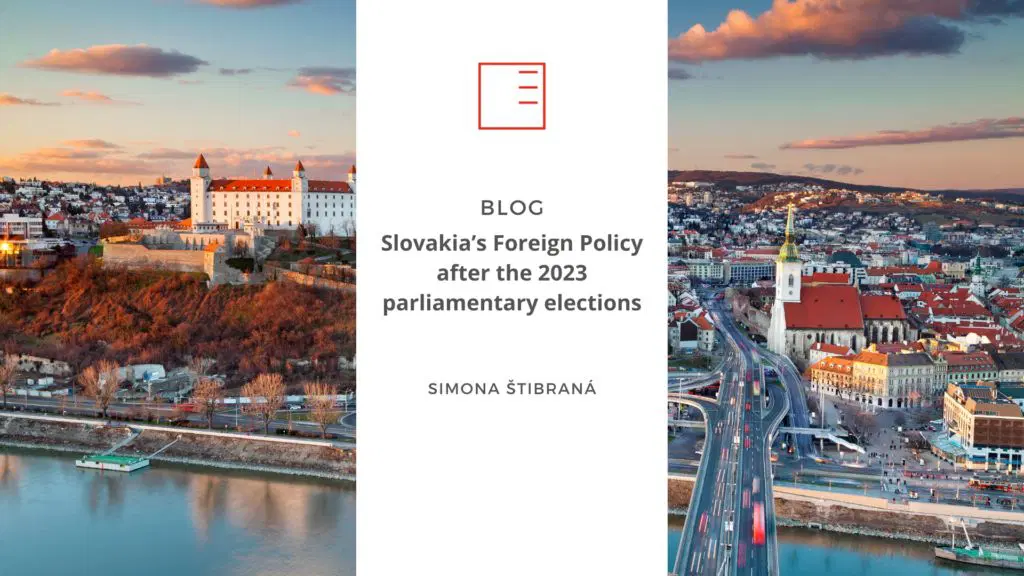
BLOG | Slovakia’s Foreign Policy after the 2023 parliamentary elections
More info 18. 12. 2023
18. 12. 2023
On September 30th, the long-awaited parliamentary elections held place in Slovakia drawing particularly strong global attention due to their perceived impact on the nation's democratic trajectory and their significance for the unity of the European Union. As a result, Robert Fico, leader of the opposition Smer-SD party, and a former Prime minister in three governments, emerged victorious once again, while his populist, aggressive, and anti-West rhetoric sparked further concerns among the EU leaders. Writes Simona Štibraná.
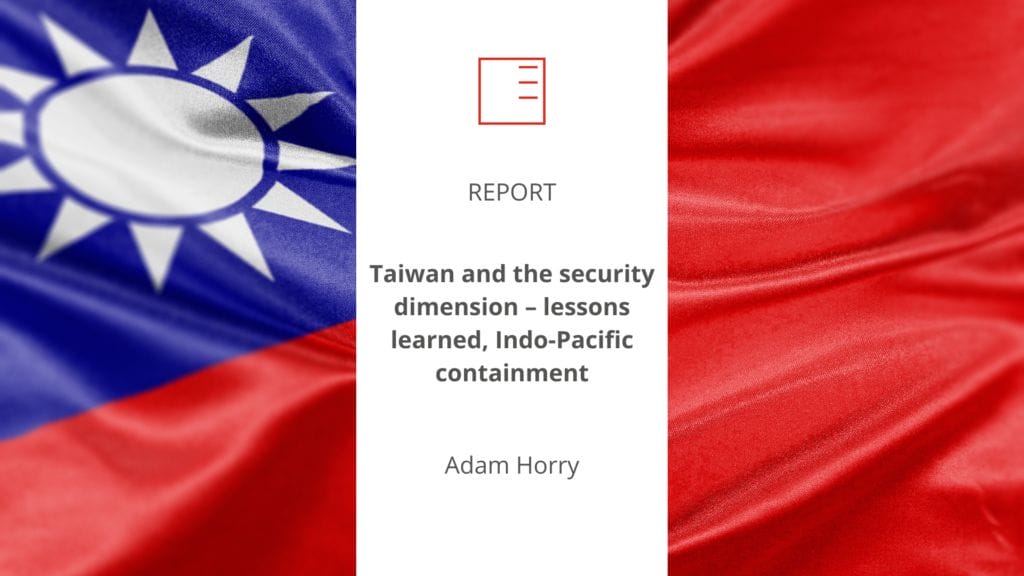
Report | EU-Pacific Talks: Taiwan and security dimension – lessons learned, Indo-Pacific containment
More info 13. 12. 2023
13. 12. 2023
During the first debate of the third edition of the EU-Pacific Talks, organised by EUROPEUM Institute for European Policy, participants engaged in a lively debate covering various aspects of Taiwan's status. They discussed the economic, military and value drivers behind Taiwan's importance, addressing concerns about China's approach and lessons from other global conflicts such as the war in Ukraine. Read what our guests debated in this report by Adam Horry.
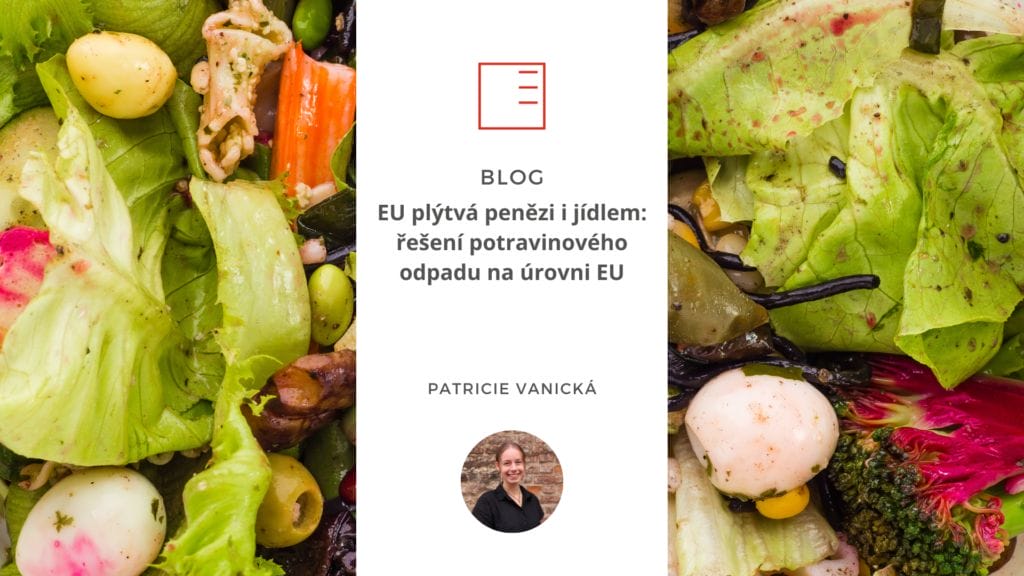
BLOG | EU wastes money and food: tackling food waste at EU level
More info 12. 12. 2023
12. 12. 2023
Food waste causes the production of greenhouse gases, wastes water and makes inefficient use of fertile land. In addition to its negative environmental impacts, it is also a social problem. Food is wasted despite the fact that some people are starving. The EU is trying to halve the amount of food waste by 2030 compared to 2015, but current developments suggest that this target will not be achieved. Writes Patricia Vanicka in her blog.
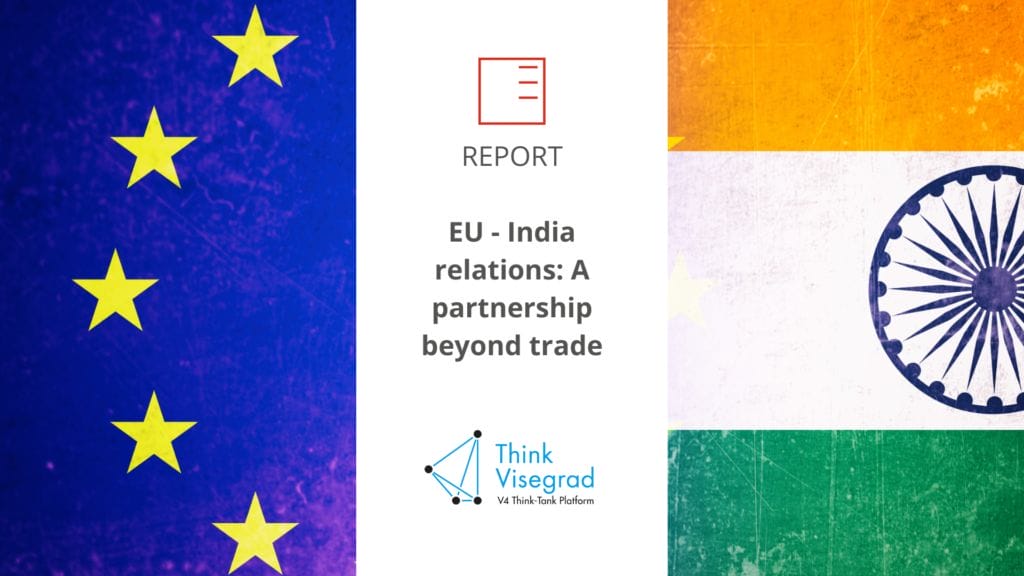
Report | EU - India relations: A partnership beyond trade
More info 12. 12. 2023
12. 12. 2023
The report provides a summary of a public event organized by EUROPEUM's Brussels Office, in collaboration with CEPS, as part of the Think Visegrad platform on November 27th. The event was named "EU-India relations: A partnership beyond trade." Panelists included Alica Kizekova, Senior Researcher at the Institute of International Relations Prague, Zsolt Trembeczki, Research Fellow at the Hungarian Institute of International Affairs (HIIA), and Fanny Sauvignon, Researcher at the Foreign Policy Unit of CEPS.
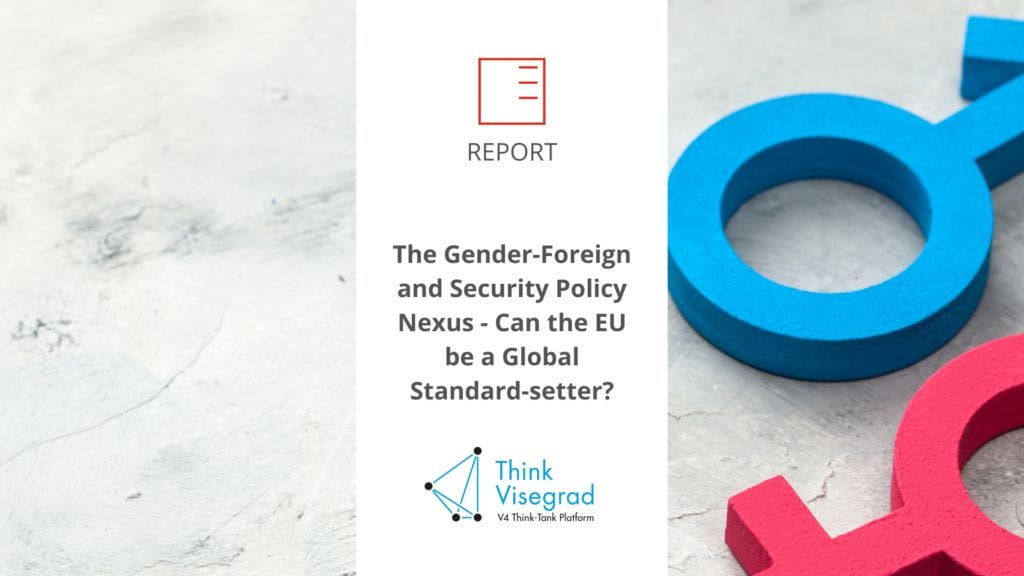
Report | The Gender - Foreign and Security Policy Nexus: Can the EU be a Global Standard-setter?
More info 12. 12. 2023
12. 12. 2023
The report summarizes the debate held at a public event organized by EUROPEUM and GLOBSEC under the Think Visegrad platform on November 28th. The event focused on the ambitions of achieving a gender-equal Foreign and Security Policy within the EU and its potential to set global standards. The panel discussion featured insights from Jonna Neumanen, Vladislava Gubalova, and Danielle Piatkiewicz, moderated by Sofiia Shevchuk.
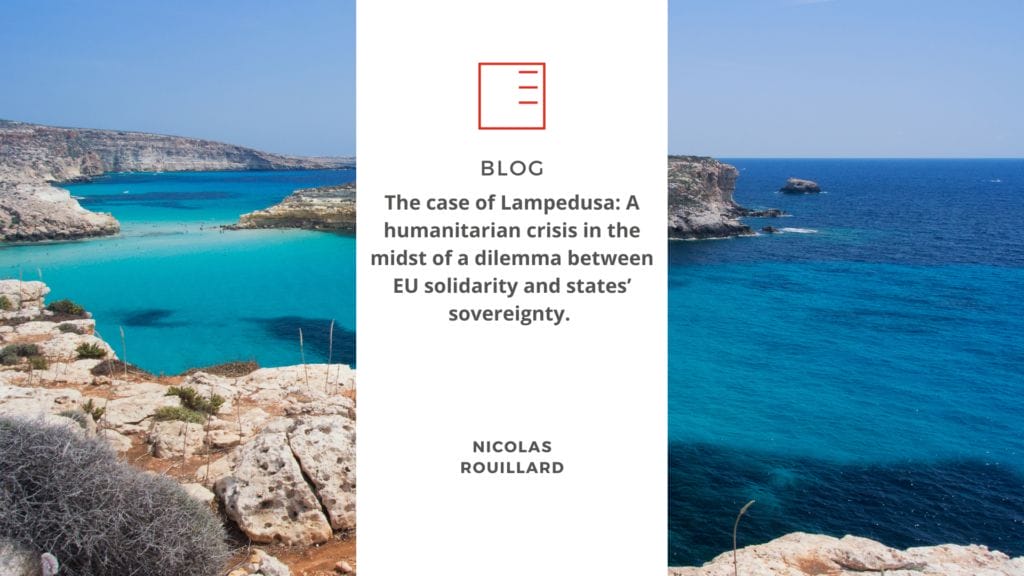
BLOG | The case of Lampedusa: A humanitarian crisis in the midst of a dilemma between EU solidarity and states’ sovereignty
More info 4. 12. 2023
4. 12. 2023
In September 2023, Lampedusa, a small Italian island, faced an unprecedented surge in arrivals, sparking a heated debate within the EU. With conflicting perspectives from leaders like Ursula Von der Leyen, the focus has shifted from humanitarian aid to security concerns. This blog written by Nicolas Rouillard explores the complexities of the crisis, the divergent opinions, and the critical decisions ahead that could reshape Europe's approach to migration.
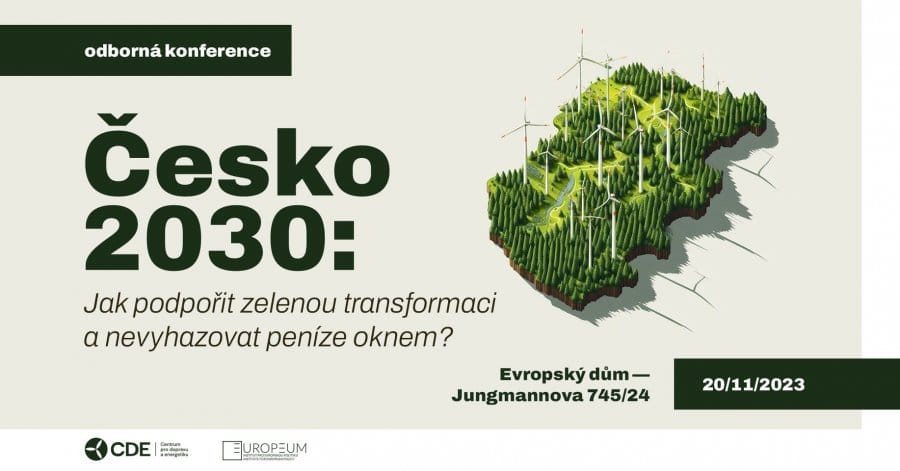
Czech Republic 2030: How to support green transformation and not throw money out the window?
More info 30. 11. 2023
30. 11. 2023
On 20 November 2023, the Centre for Transport and Energy, in cooperation with EUROPEUM Institute for European Policy, organised a conference entitled Czech Republic 2030: how to support green transformation and not throw money out the window? The conference was opened with an introduction by Josef Schwarz from the Representation of the European Commission in the Czech Republic.
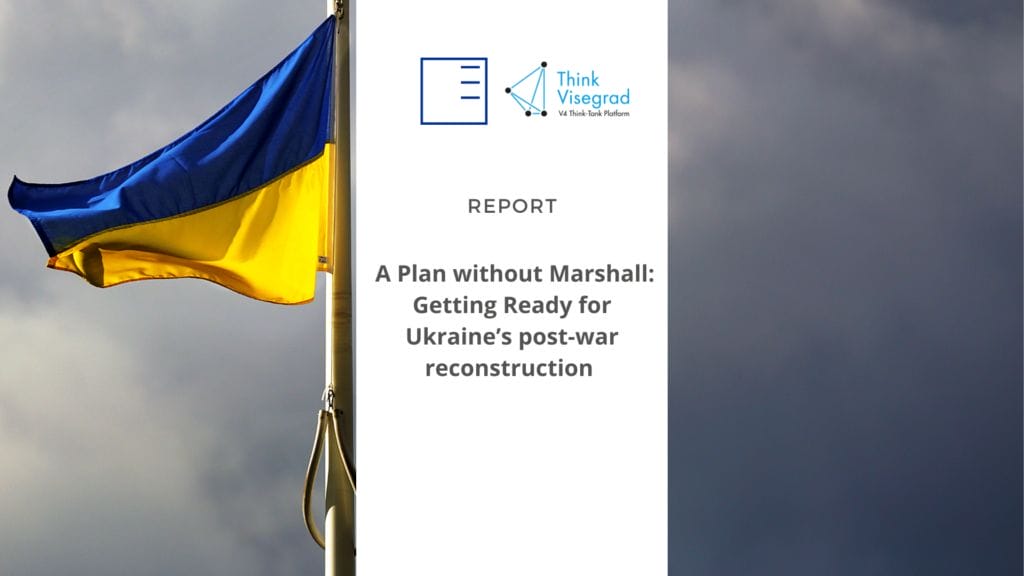
Report: A Plan without Marshall: Getting Ready for Ukraine’s post-war reconstruction
More info 7. 11. 2023
7. 11. 2023
On the 7th November, EUROPEUM Institute for European Policy under Think Visegrad platform organized an expert meeting focusing on current developments regarding the reconstruction of Ukraine, both on the side of the EU through its ambitious Ukraine Facility and through the lenses of international support for Ukraine's recovery and reconstruction.
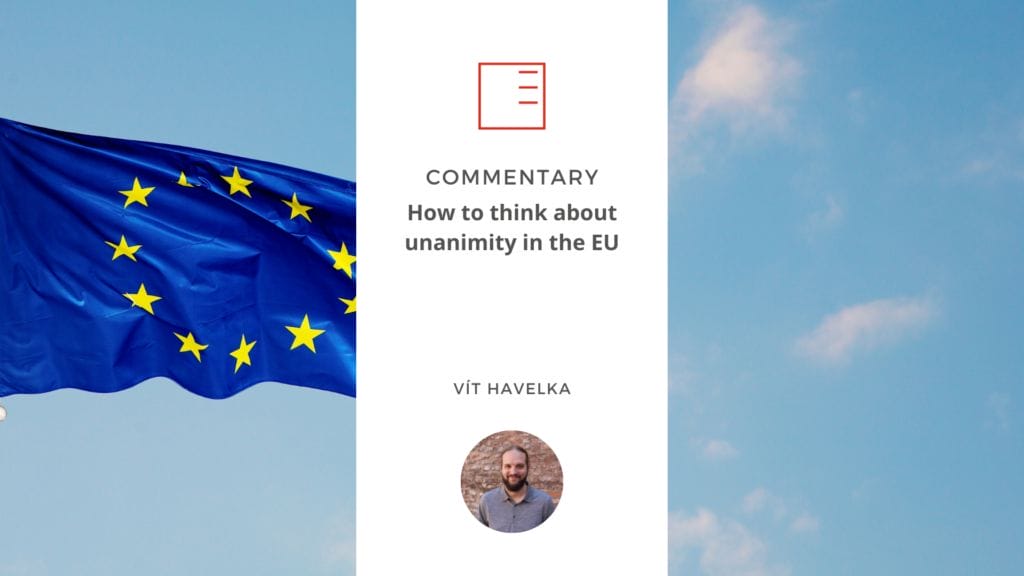
Commentary | how to think about unanimity in the EU
More info 31. 10. 2023
31. 10. 2023
With the opening of accession talks with Ukraine and Moldova, the debate in the European Union on the transition from unanimity to qualified majority voting in some areas has been reignited. Although this is not a new debate, it is worth looking at the current situation, describing the problems caused by unanimity and proposing concrete solutions. For more, see Vit Havelka's commentary.
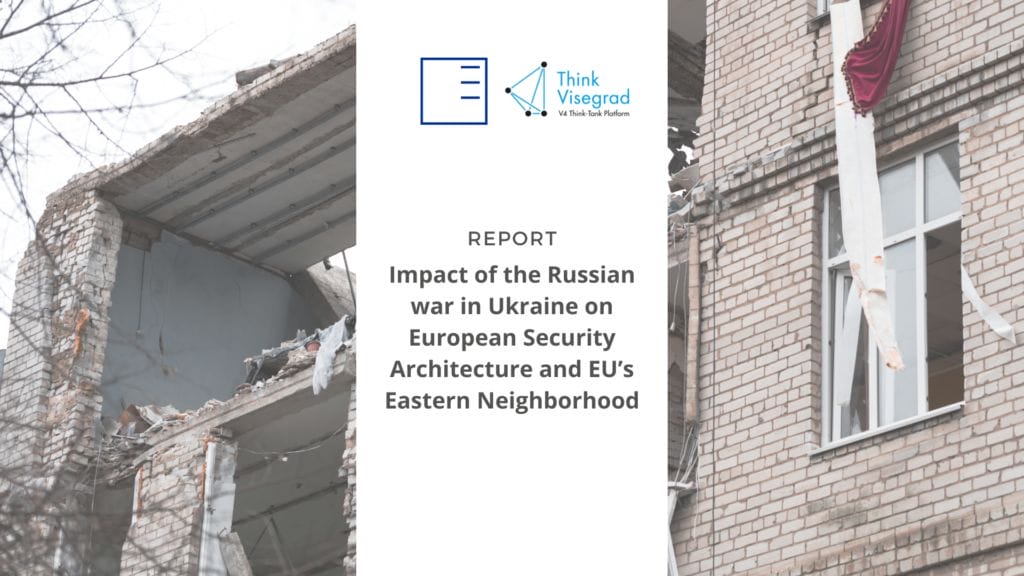
Report: Impact of the Russian war in Ukraine on European Security Architecture and EU’s Eastern Neighborhood
More info 25. 10. 2023
25. 10. 2023
On October 25th, EUROPEUM’s Brussels Office under the representation of Think Visegrad Brussels and in cooperation with Fondation Robert Schuman organized an expert discussion titled “Impact of the Russian War in Ukraine on European Security Architecture and EU’s Eastern Neighborhood”. This discussion, which was held under the Chatham House rules, gathered 19 experts from think-tanks, EU institutions, NATO and diplomats from EU Member states.

Report: EVs, subsidies and the future of CEE industry
More info 24. 10. 2023
24. 10. 2023
On October 24, EUROPEUM’s Brussels Office under the representation of Think Visegrad Brussels and in cooperation with OSW organized an expert discussion titled “EVs, subsidies and the future of CEE Industry”. This discussion gathered 16 experts from think-tanks, academia, and experts from the European institutions. This discussion was held under the Chatham House rules.
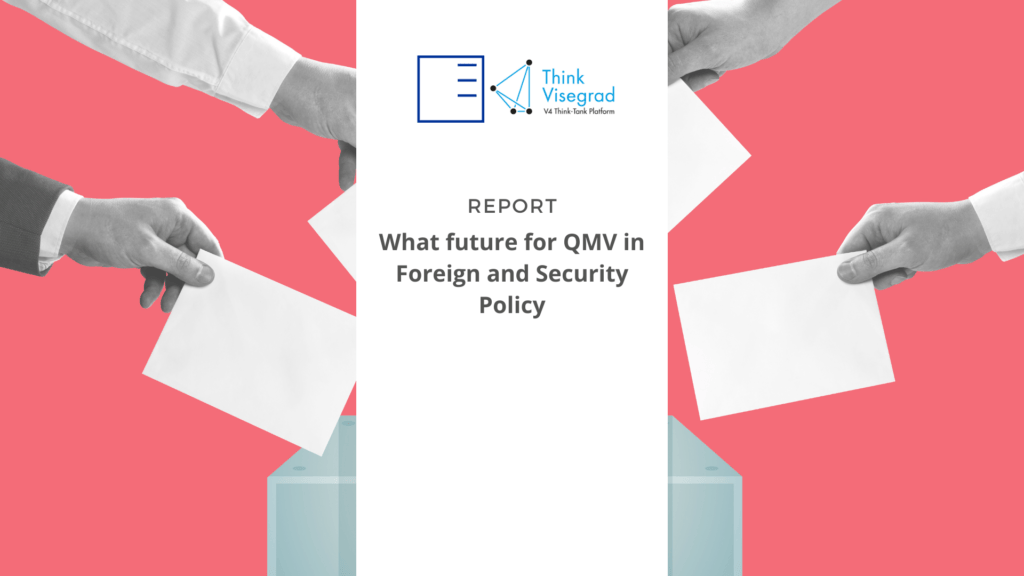
REPORT | What future for QMV in Foreign and Security Policy?
More info 11. 10. 2023
11. 10. 2023
The debate focused on the possible move to qualified majority voting in the EU's Foreign and Security Policy. The participants in the debate discussed the possible negative and positive aspects of the decision. The debate covered topics such as the fear of over-voting as a possible aspect of division within the Union or the ineffectiveness of the current consensus approach.